
Welcome to 'Muscle Menders: Top 10 Herbal Supplements for Post-Exercise Recovery.'
In this evidence-based article, we will explore the power of natural remedies to support your body's recovery after strenuous workouts. From the proven benefits of Arnica Montana and Turmeric to the anti-inflammatory properties of Ginger and Boswellia Serrata, we will delve into the science behind these herbal supplements.
Join us as we uncover the top 10 herbal solutions for post-exercise recovery, providing you with the freedom to enhance your fitness journey naturally.
Arnica Montana
Arnica Montana is often recommended by healthcare professionals due to its anti-inflammatory properties, which can aid in relieving muscle soreness after intense exercise. This natural herb has been used for centuries as a natural pain relief remedy, particularly for muscle aches and joint pain.
Arnica Montana contains active compounds such as helenalin, which has been shown to have potent anti-inflammatory effects. Scientific studies have demonstrated the effectiveness of arnica in reducing pain and inflammation associated with exercise-induced muscle damage. This herb works by inhibiting the production of inflammatory molecules and promoting tissue healing.
Its anti-inflammatory properties make it an ideal choice for individuals seeking natural alternatives to manage post-exercise muscle soreness. Incorporating arnica Montana into your post-workout routine can help you recover faster and get back to your fitness routine with less discomfort.
Turmeric
Turmeric, a bright yellow spice derived from the Curcuma longa plant, is known for its potent anti-inflammatory properties. Its active compound, curcumin, has been extensively studied for its potential role in reducing inflammation and aiding in post-exercise recovery.

Research suggests that turmeric may help alleviate muscle soreness, promote muscle repair, and enhance overall recovery, making it a promising herbal supplement for athletes and fitness enthusiasts.
Turmeric's Anti-Inflammatory Properties
The efficacy of turmeric's anti-inflammatory properties has been extensively studied and documented, making it a highly recommended herbal supplement for post-exercise recovery. Turmeric, a spice commonly used in Indian cuisine, contains a compound called curcumin, which has been found to possess potent anti-inflammatory effects.
These properties make turmeric an excellent choice for individuals looking to reduce inflammation and promote faster recovery after intense physical activity. Here are four key reasons why turmeric's anti-inflammatory properties are highly regarded:
Natural alternative: Turmeric provides a natural and safe option for managing inflammation, without the potential side effects associated with certain medications.
Multiple health benefits: In addition to its anti-inflammatory effects, turmeric has been linked to a range of health benefits, including improved brain function and reduced risk of chronic diseases.
Versatility: Turmeric can be consumed in various forms, including as a spice in cooking, as a tea, or in supplement form, making it easily accessible for everyone.
Scientific evidence: Numerous studies have demonstrated the anti-inflammatory effects of turmeric and its potential to alleviate symptoms of conditions such as arthritis and sports-related injuries.

With its well-documented health benefits and versatility, turmeric supplements can be a valuable addition to a post-exercise recovery routine.
Turmeric's Impact on Recovery
One potential factor to consider when assessing the impact of turmeric on recovery is its dosage and frequency of consumption.
Turmeric contains a compound called curcumin, which has been shown to possess anti-inflammatory and antioxidant properties. However, curcumin has low bioavailability, meaning that it is poorly absorbed by the body. To enhance its absorption, it is often recommended to consume turmeric with black pepper or with a source of fat.
Additionally, the dosage of turmeric supplements for joint health may vary depending on the individual's needs and the severity of their condition. It is important to consult with a healthcare professional to determine the appropriate dosage and frequency of consumption for optimal recovery.
Overall, while turmeric may have potential benefits for recovery, it is crucial to consider factors such as dosage and bioavailability to ensure its efficacy.
Ginger
Interestingly, ginger has gained recognition for its potential anti-inflammatory properties, making it a promising herbal supplement for post-exercise recovery. Ginger contains bioactive compounds like gingerol and shogaol, which have been shown to have anti-inflammatory effects in the body.
Here are four compelling reasons why ginger should be considered as a part of your post-workout routine:

Reduced muscle soreness: Several studies suggest that ginger supplementation can help alleviate muscle pain and soreness, allowing for quicker recovery and improved performance.
Enhanced muscle repair: Ginger has been found to promote the production of collagen, a protein that plays a crucial role in muscle repair and recovery.
Improved joint health: Ginger's anti-inflammatory properties can help reduce joint inflammation and pain, making it beneficial for individuals suffering from exercise-induced joint discomfort.
Antioxidant support: Ginger contains high levels of antioxidants that can help protect against exercise-induced oxidative stress, reducing muscle damage and promoting faster recovery.
Boswellia Serrata
Boswellia serrata, also known as Indian frankincense, is a resin extracted from the Boswellia tree. This natural supplement has been traditionally used in Ayurvedic medicine for its anti-inflammatory properties.
Recent studies have shown that Boswellia serrata may help reduce pain and inflammation, making it a potential option for post-exercise recovery.
Benefits of Boswellia
How does Boswellia contribute to post-exercise recovery and muscle repair?
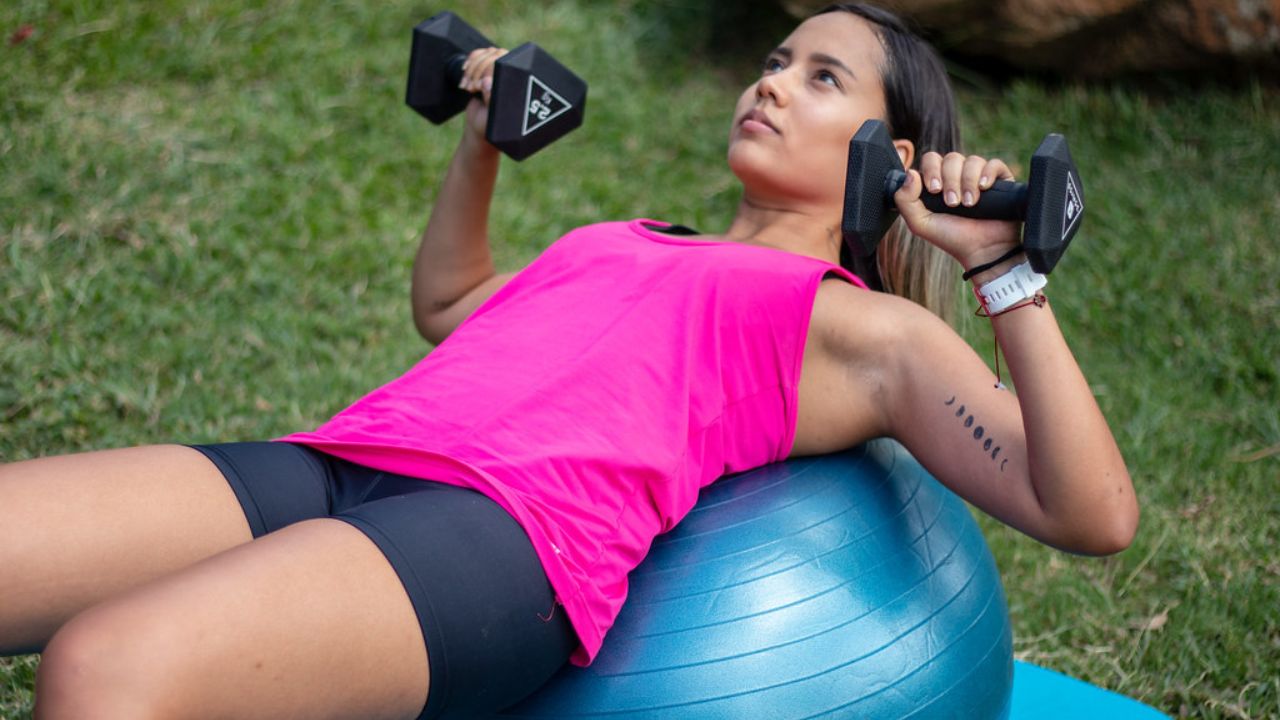
Boswellia, also known as Indian frankincense, is a traditional herbal medicine that has gained popularity in recent years for its potential benefits in relieving pain and inflammation. When it comes to post-exercise recovery and muscle repair, Boswellia can play a significant role.
Here are four ways Boswellia can contribute to these processes:
Reduces inflammation: Boswellia contains active compounds, such as boswellic acids, which have been shown to inhibit pro-inflammatory enzymes. By reducing inflammation, Boswellia can help speed up the healing process and alleviate exercise-induced muscle soreness.
Supports joint health: Boswellia has been traditionally used to support joint health and mobility. By reducing inflammation in the joints, it can aid in post-exercise recovery and prevent exercise-related joint pain.
Enhances blood flow: Boswellia has been found to enhance blood flow, which can improve nutrient and oxygen delivery to the muscles. This can promote muscle repair and recovery after exercise.
Provides natural pain relief: Boswellia has analgesic properties, which means it can provide natural pain relief. By reducing pain and discomfort, it can support post-exercise recovery and help individuals get back to their training routine more quickly.
Dosage and Effectiveness
The dosage and effectiveness of Boswellia serrata as a post-exercise recovery supplement have been extensively studied in recent research. Boswellia serrata, also known as Indian frankincense, has been used in traditional medicine for centuries due to its anti-inflammatory properties.
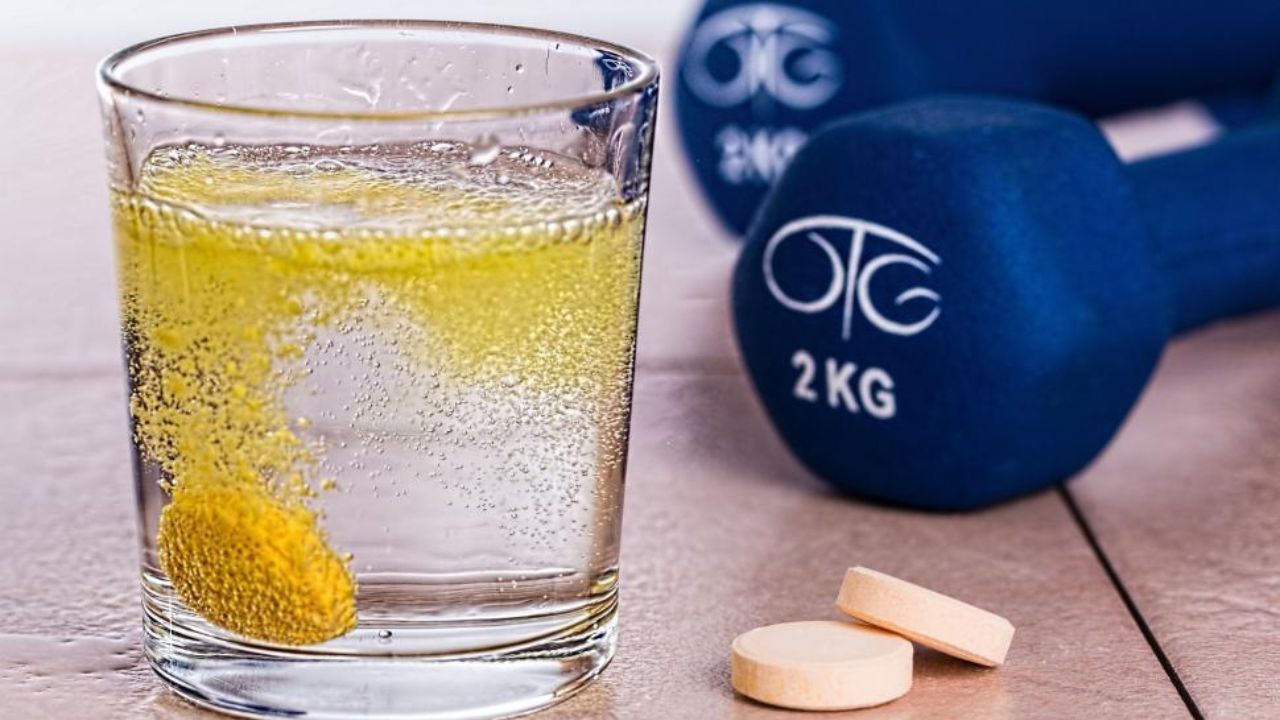
In terms of dosage recommendations, studies have shown that a daily dose of 300-500 mg of Boswellia extract standardized to contain 30-65% boswellic acids is effective in reducing exercise-induced inflammation and promoting recovery. However, it is important to note that individual responses may vary, and it is always advisable to consult with a healthcare professional before starting any new supplement regimen.
As for potential side effects, Boswellia serrata is generally considered safe when used as directed. However, some individuals may experience gastrointestinal disturbances such as diarrhea or nausea. It is recommended to start with a lower dosage and gradually increase if tolerated to minimize any potential side effects.
Bromelain
Bromelain, a proteolytic enzyme derived from pineapples, has been shown to have anti-inflammatory properties, making it a popular supplement for post-exercise recovery. Here are four reasons why bromelain can be beneficial for individuals seeking natural pain relief options:
Reduced inflammation: Bromelain has been found to inhibit the production of pro-inflammatory molecules, helping to alleviate inflammation and swelling in the body.
Enhanced muscle recovery: Studies have shown that bromelain supplementation can aid in muscle recovery by reducing muscle soreness and improving muscle function after intense exercise.
Joint support: Bromelain's anti-inflammatory properties can also benefit individuals dealing with joint pain and stiffness, providing relief and promoting joint health.
Synergistic effects with turmeric: Combining bromelain with turmeric, another natural anti-inflammatory agent, can enhance the overall effectiveness in reducing pain and promoting recovery.
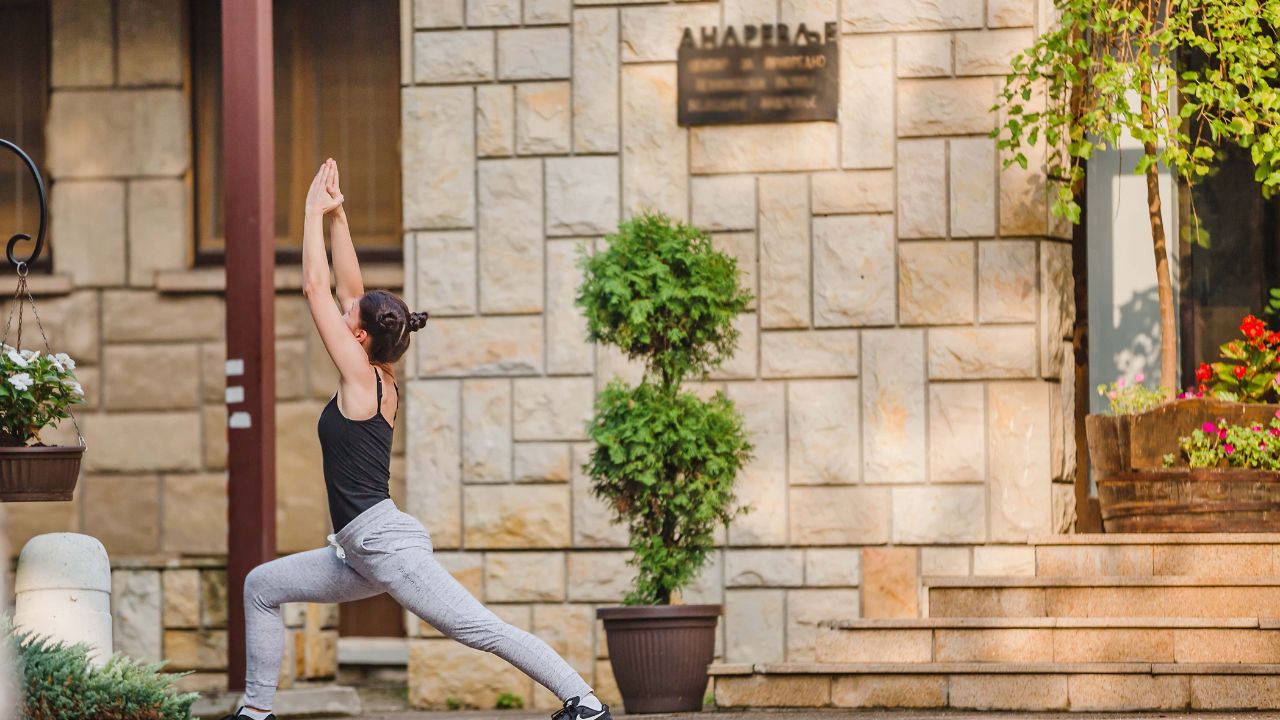
Devil's Claw
One potential herbal supplement that individuals can consider for post-exercise recovery is Devil's Claw. This plant, also known as Harpagophytum procumbens, is native to southern Africa and has been used for centuries in traditional medicine for its anti-inflammatory and analgesic properties.
Recent studies have found that Devil's Claw contains compounds called iridoid glycosides, which have been shown to inhibit the production of inflammatory molecules and reduce pain perception. These findings suggest that Devil's Claw may be effective in reducing inflammation and relieving muscle soreness after exercise.
Additionally, Devil's Claw has been found to have antioxidant effects. This means that it can help protect against oxidative damage caused by intense exercise. Oxidative damage can lead to inflammation and muscle soreness, so having an antioxidant supplement like Devil's Claw may be beneficial for post-exercise recovery.
While further research is needed to fully understand the mechanisms of action and potential side effects of Devil's Claw, it holds promise as a natural alternative for pain relief and post-exercise recovery.
Other herbal supplements such as turmeric, with its known health benefits, can also be explored as additional options. Turmeric has anti-inflammatory properties and has been used for centuries in traditional medicine to relieve pain and inflammation.
Overall, herbal supplements like Devil's Claw and turmeric offer potential natural alternatives for post-exercise recovery. However, it is important to consult with a healthcare professional before starting any new supplement regimen to ensure safety and effectiveness.
White Willow Bark
White Willow Bark, also known as Salix alba, is a natural remedy that has been used for centuries to alleviate pain and reduce inflammation. This herbal supplement contains salicin, a compound that is similar to aspirin and has been shown to possess analgesic and anti-inflammatory properties.

The use of White Willow Bark may provide a natural alternative for those seeking pain relief and reducing inflammation associated with post-exercise recovery.
Natural Pain Relief
Using herbal supplements can provide effective natural pain relief for post-exercise recovery. These remedies have been used for centuries to promote natural healing and alleviate discomfort.
Here are four herbal supplements that can help you find relief and enhance your recovery process:
Turmeric: Known for its anti-inflammatory properties, turmeric can reduce pain and swelling, speeding up recovery time.
Ginger: With its analgesic and anti-inflammatory properties, ginger can help soothe sore muscles and joints, allowing for faster healing.
Arnica: This herb has been used for centuries to relieve pain and reduce inflammation. It can be applied topically to the affected area for targeted relief.
Devil's Claw: This herb contains compounds that have been shown to reduce pain and inflammation. It can be taken orally or applied topically for pain relief.
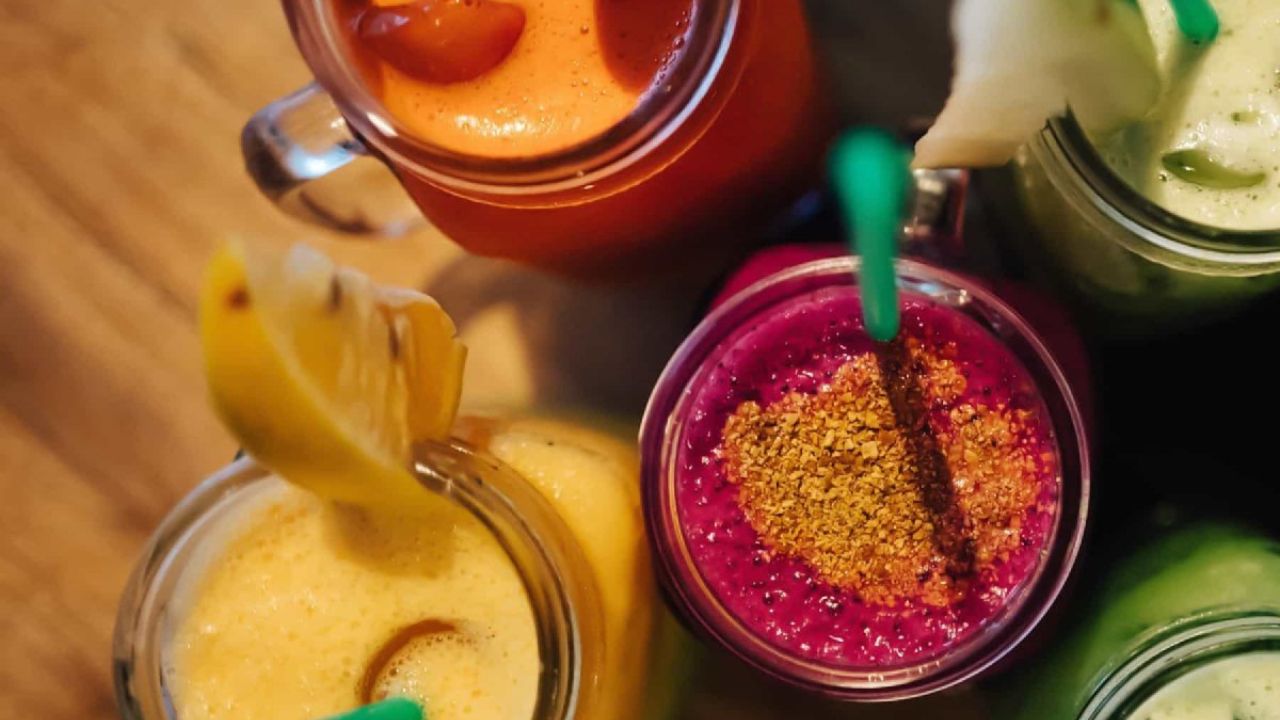
Anti-Inflammatory Properties
The anti-inflammatory properties of white willow bark make it a valuable herbal supplement for reducing pain and promoting post-exercise recovery. White willow bark contains a compound called salicin, which is converted by the body into salicylic acid, a natural anti-inflammatory agent. This mechanism of action is similar to that of aspirin, but without the potential side effects. Studies have shown that white willow bark can effectively alleviate pain and inflammation associated with exercise-induced muscle damage.
In addition to white willow bark, other herbal supplements that have been found to possess anti-inflammatory properties include turmeric and ginger. Turmeric contains a compound called curcumin, which has been shown to have potent anti-inflammatory effects. It can help reduce pain and swelling and promote overall recovery after exercise.
Ginger, on the other hand, contains gingerol, a compound with strong anti-inflammatory properties. It can help alleviate muscle soreness and promote post-exercise healing. Incorporating these herbal supplements into a post-exercise recovery routine can provide natural and effective relief from inflammation and aid in the body's healing process.
Cat's Claw
An article discussing the potential benefits of incorporating cat's claw into a post-exercise recovery routine is currently being debated among fitness experts.
Cat's claw, scientifically known as Uncaria tomentosa, is a woody vine native to the Amazon rainforest.
Here are four key points that are fueling the discussion:
Anti-inflammatory properties: Cat's claw has been traditionally used to reduce inflammation and swelling, making it a promising candidate for post-exercise recovery.
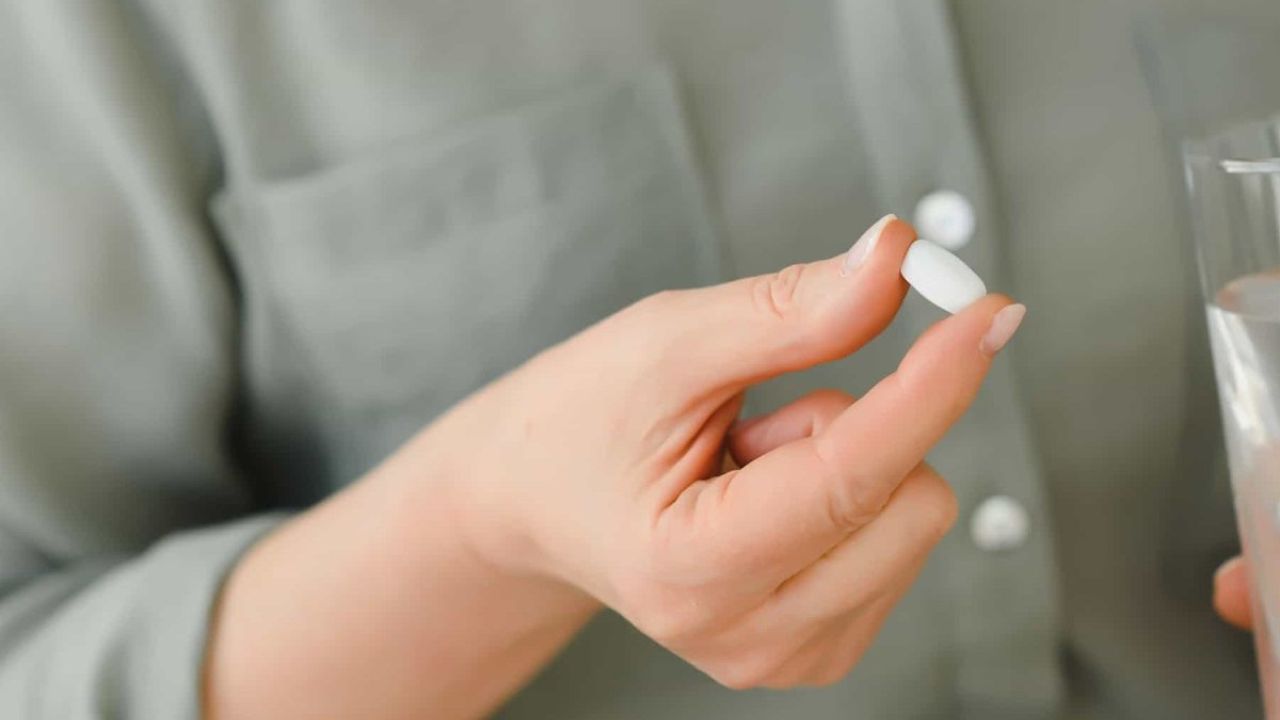
Joint health: Some studies suggest that cat's claw may help improve joint function and alleviate joint pain, which can be beneficial for athletes and fitness enthusiasts.
Immune support: Cat's claw contains compounds that have shown immune-boosting properties, potentially aiding in faster recovery from intense workouts.
Antioxidant activity: The plant is rich in antioxidants, which can help protect against oxidative stress and support overall health and well-being.
While the potential benefits of cat's claw are intriguing, further research is needed to fully understand its effectiveness and optimal dosage for post-exercise recovery.
As with any supplement, it is important to consult with a healthcare professional before incorporating it into your routine.
St. John's Wort
During the ongoing discussion on post-exercise recovery supplements, fitness experts are currently evaluating the potential benefits and appropriate usage of St. John's Wort.
St. John's Wort, scientifically known as Hypericum perforatum, is a herbaceous plant that has been used for centuries as a natural mood booster. It contains active compounds, such as hypericin and hyperforin, which are believed to enhance serotonin levels in the brain, thereby promoting feelings of well-being and reducing symptoms of depression.

However, it is important to note that St. John's Wort may have potential side effects and interactions with certain medications, such as antidepressants, birth control pills, and blood thinners. This highlights the need for caution and consultation with a healthcare professional before incorporating St. John's Wort into a post-exercise recovery regimen.
Echinacea
Fitness experts are currently exploring the potential benefits and proper usage of Echinacea, a popular herbal supplement believed to boost the immune system and aid in post-exercise recovery. Echinacea has gained attention for its purported ability to enhance the body's natural defenses and reduce the risk of infections. While the evidence supporting these claims is still limited, preliminary research suggests that Echinacea may have some immune-boosting properties.
However, it is important to note that the dosage and duration of Echinacea supplementation are crucial factors for achieving the desired effects. Here are four key points to consider when discussing Echinacea benefits and dosage:
- Immune support: Echinacea may help strengthen the immune system, potentially reducing the likelihood of illness.
- Anti-inflammatory effects: Some studies suggest that Echinacea may have anti-inflammatory properties, which could aid in post-exercise recovery.
- Dosage considerations: The appropriate dosage of Echinacea may vary depending on factors such as age, health status, and the specific product used.
- Safety precautions: While Echinacea is generally considered safe for short-term use, long-term usage and high dosages should be approached with caution due to potential side effects or drug interactions.
Frequently Asked Questions
Can Herbal Supplements Completely Replace Traditional Post-Exercise Recovery Methods Like Rest and Proper Nutrition?
Alternative methods such as herbal supplements may provide some benefits in post-exercise recovery, but they cannot completely replace traditional methods like rest and proper nutrition. Efficacy comparison studies are needed to determine their effectiveness.
Are There Any Potential Side Effects or Interactions With Other Medications When Taking These Herbal Supplements?
Potential side effects and interactions with medications should always be considered when taking herbal supplements. It is important to consult with a healthcare professional to ensure safety and avoid any adverse reactions or complications.
How Long Does It Typically Take for These Herbal Supplements to Show Noticeable Effects on Post-Exercise Recovery?
The efficiency of herbal supplements for post-exercise recovery compared to traditional methods and the factors influencing the speed of noticeable effects are important considerations. Understanding these aspects is crucial for individuals seeking evidence-based, scientific knowledge in this area.
Are There Any Specific Dosage Recommendations for Each Herbal Supplement Mentioned?
Dosage recommendations for the herbal supplements mentioned in the context of post-exercise recovery can vary depending on factors such as individual tolerance and desired effects. It is essential to consult with a healthcare professional to determine appropriate dosage and possible interactions.
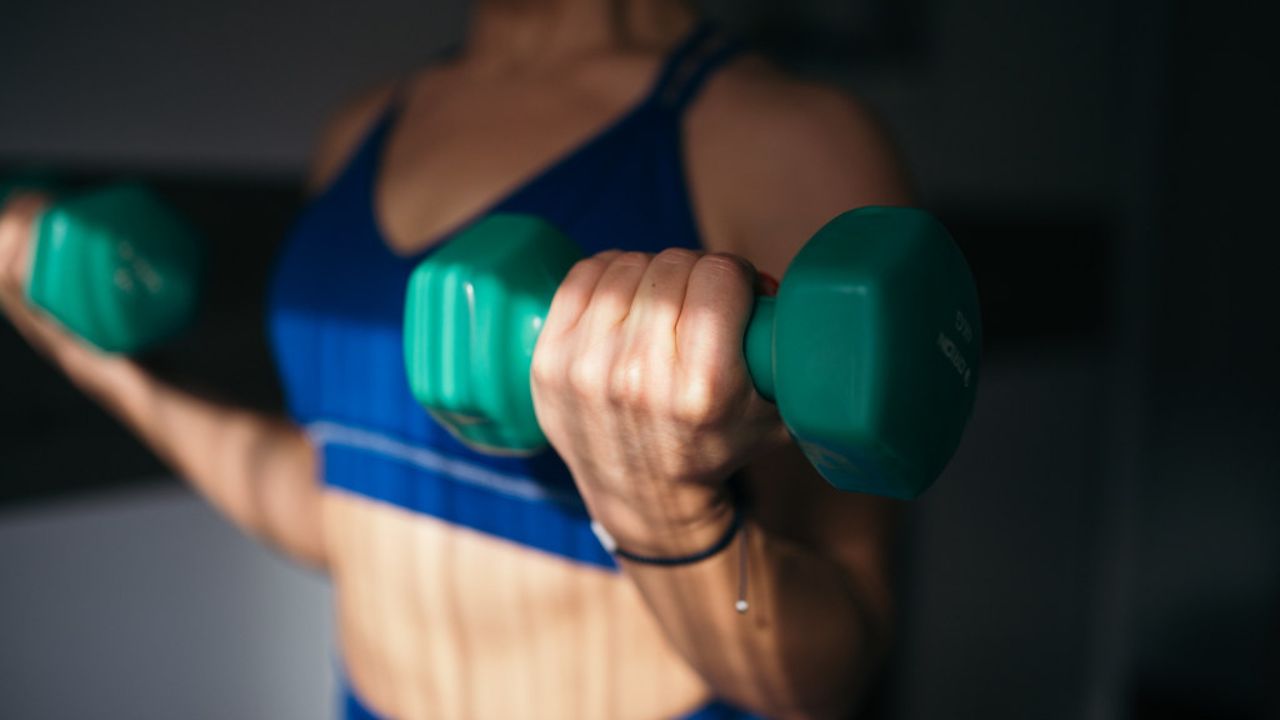
Can These Herbal Supplements Be Taken by Individuals With Certain Medical Conditions or During Pregnancy?
Individuals with certain medical conditions or during pregnancy should consult with their healthcare provider before taking any herbal supplements. It is important to consider potential interactions and effects on health outcomes.
Conclusion
In conclusion, these top 10 herbal supplements have been shown to have potential benefits for post-exercise recovery.
While further research is needed to fully understand their mechanisms of action and determine optimal dosages, studies suggest that Arnica Montana, Turmeric, Ginger, Boswellia Serrata, Bromelain, White Willow Bark, Cat's Claw, St. John's Wort, and Echinacea may aid in reducing inflammation, alleviating muscle soreness, and promoting overall recovery.
Incorporating these herbal supplements into a well-rounded post-exercise regimen may be a promising strategy for athletes and individuals seeking natural ways to enhance their recovery process.
 Mobility trainingHome Fitness RecoverySports Injury PreventionPersonal Physical TherapyOrthopedic SolutionsPrivacy PolicyTerms And Conditions
Mobility trainingHome Fitness RecoverySports Injury PreventionPersonal Physical TherapyOrthopedic SolutionsPrivacy PolicyTerms And Conditions
